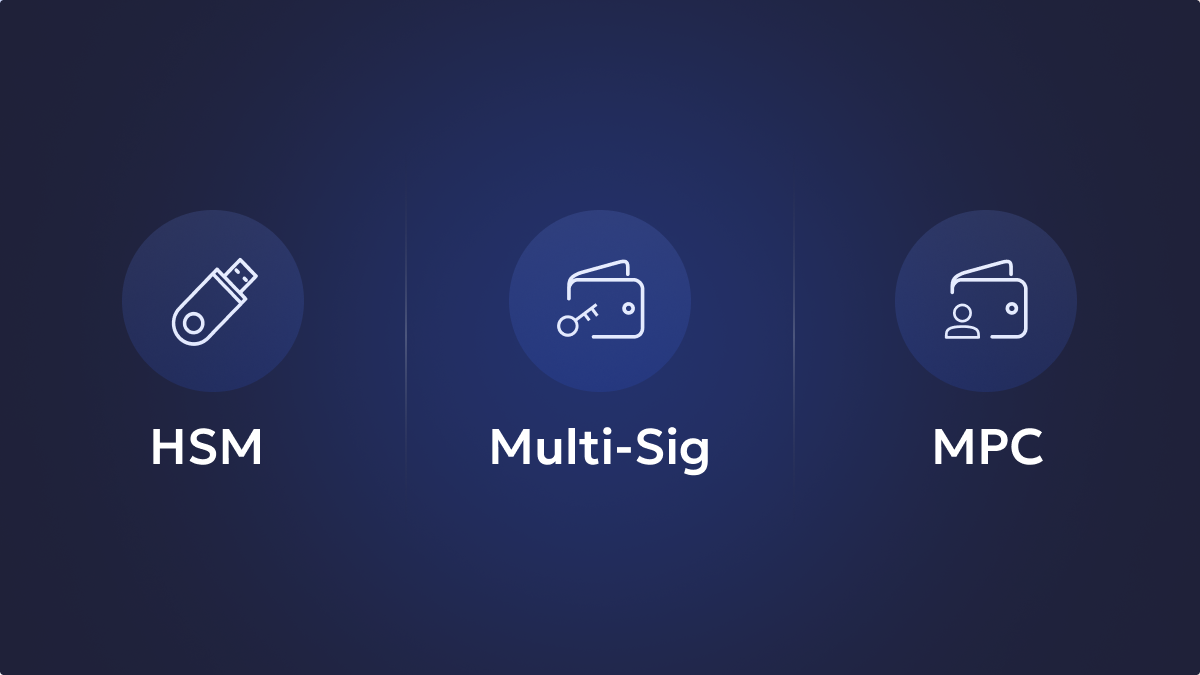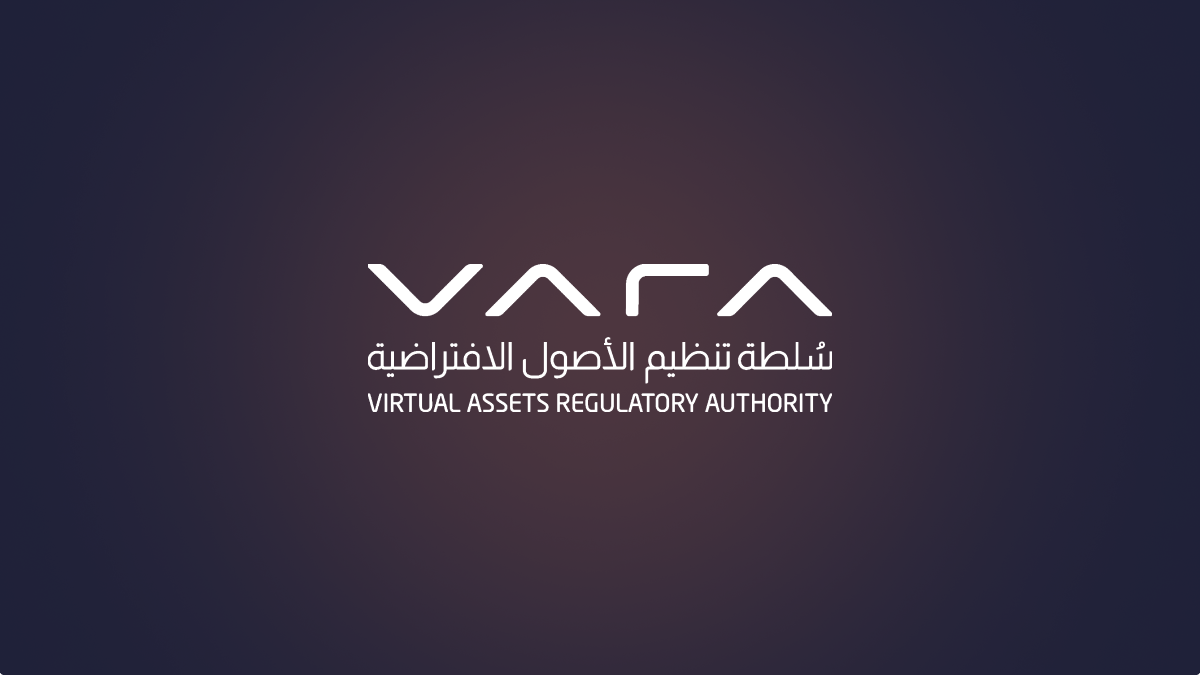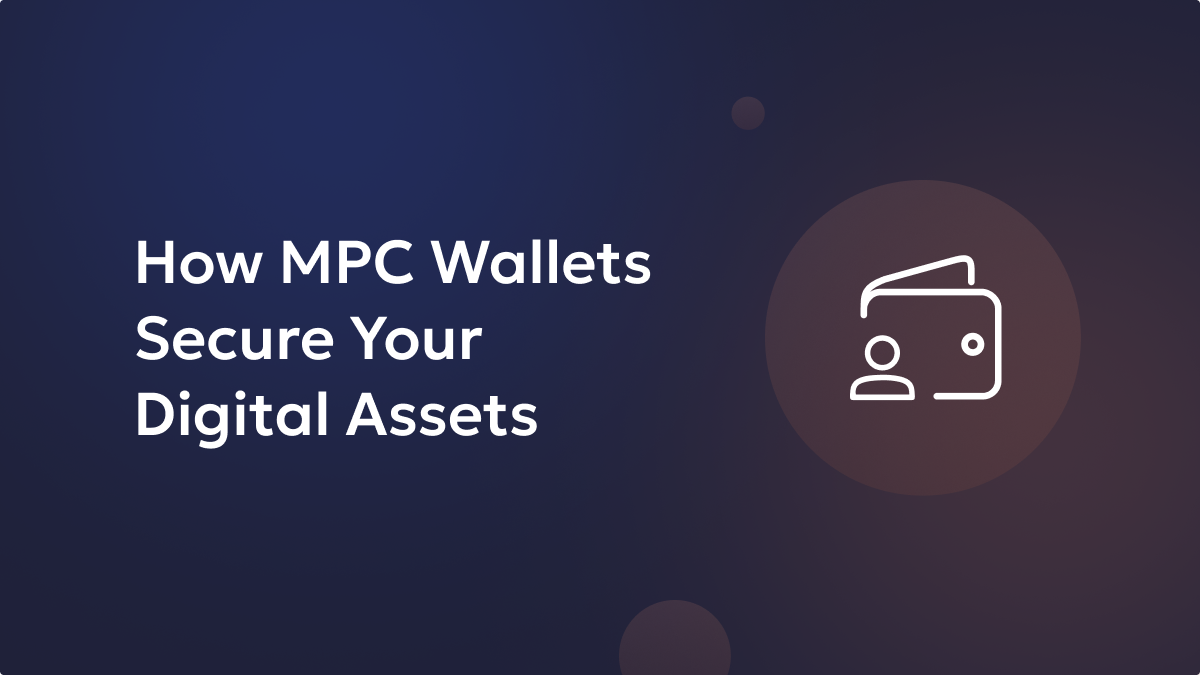Build on how the traditional finance applications and system failed to deliver seamless transactions without having to incur heavy transaction fees.
Before the advent of blockchain cryptocurrency technology, the financial industry grappled with numerous challenges, notably a lack of transparency and trust in transactions.
Conventional banking systems leaned heavily on intermediaries like banks and clearinghouses to oversee and validate transactions. This reliance often resulted in delays, escalated costs, and heightened susceptibility to fraudulent activities. Furthermore, the centralized nature of these systems rendered them exposed to the risks of cyberattacks and data breaches.
Some noteworthy statistics in the realm of blockchain and financial services include: The global market for blockchain in financial services is projected to reach $23.6 billion by 2024. A substantial 65% of financial institutions have concrete plans to integrate blockchain technology into their operations by 2023. Approximately 54% of these institutions harbor the belief that blockchain will exert a significant, positive influence on their financial performance.
Unlock the potential of digital assets for your institution
Blockchain technology has undergone a steady evolution and now stands as a disruptive force in the financial services sector, often regarded as the linchpin of the digital currency world. It transforms financial transactions, ushering in heightened efficiency, cost reduction, and providing security.
Here, we dive into various aspects of the financial services industry in light of blockchain technology, showcasing how it has the potential to revolutionize conventional business practices and models.
Potential to Revolutionize the Financial Market
Blockchain cryptocurrency technology possesses inherent attributes that align seamlessly with financial applications. It fosters secure and simplified transactions, nurturing trust among trading partners. Furthermore, digital identities can be verified effectively.
Secure and manage your digital assets with Liminal
Financial institutions and banks have already harnessed blockchain technology to enhance their services, combat fraud, and reduce fees. There are five notable use cases for blockchain in financial services that are gaining momentum:
1. Digital Identity Verification
Blockchain-enabled IDs empower banks and other financial institutions to confirm individuals’ identities. The utilization of blockchain technology enhances public trust in banks by safeguarding customer-identifying information and expediting verification processes.
2. Cross-Border Transactions
Historically, cross-border money transfers have been sluggish and costly, primarily due to the involvement of multiple banks. Blockchain technology has the potential to expedite cross-border transactions, improve accuracy, and reduce costs.
3. Trade Finance Platforms
Another noteworthy application of blockchain in finance is trade finance. Blockchain trade finance platforms enable banks to establish smart contracts among participants, thereby increasing efficiency, transparency, and opening up new revenue streams.
4. Credit Reporting
Credit reports significantly influence individuals’ financial lives. Recent data breaches have underscored the superior security of blockchain-based credit reporting compared to traditional server-based systems. Companies may also calculate credit scores using blockchain technology.
5. Clearing and Settlement
Blockchain cryptocurrency platform holds the potential to streamline clearing and settlement processes in the future, leading to quicker transactions and cost reduction for financial institutions. Blockchain transactions are verified and recorded in a distributed ledger, obviating the need for centralized clearing and settlement authorities.
Create secure and transparent records of transactions
Blockchain technology offers several significant advantages, primarily rooted in its robust security and transparency.
Blockchain employs strong security measures by encrypting each transaction and linking it to the preceding one, forming a unique digital fingerprint or hash. This cryptographic feature ensures the integrity of data, making it exceptionally challenging for hackers to tamper with or manipulate the information contained within the blocks. Moreover, the decentralized nature of blockchain, distributed across multiple nodes, eliminates any central point of failure, rendering it highly resilient against cyberattacks.
Blockchain infrastructure introduces a level of transparency that traditional business transactions often lack. In conventional dealings, trust is vested in intermediaries such as banks or payment processors. However, blockchain’s transparent design grants every participant in the network equal access to the same information, creating a fully auditable and transparent transaction record. This transparency not only fosters trust among participants but also eliminates the need for intermediaries, reducing the potential for fraud or disputes.
Blockchain creates immutable records of transactions
One of the core benefits of blockchain infrastructure is immutability and data integrity. It’s a common belief that immutability guarantees data reliability. However, it’s important to note that blockchain cryptocurrency technology is not a magic solution that automatically ensures the truthfulness of data.
Immutability serves to protect data against tampering by malicious actors once it’s entered into the blockchain network. However, it doesn’t control the quality or accuracy of data before it’s introduced to the network.
Consider a scenario where data is fed into the blockchain network via oracles. Several factors, including network latency, data validation errors, and hardware failures, can influence the accuracy and reliability of data provided by oracles. Therefore, implementing additional measures, such as sharing hash outputs with stakeholders, becomes essential. This extra layer of validation helps guarantee the accuracy and reliability of the data stored on the blockchain.
Blockchain can reduce costs for financial institutions
A recent report, published by the digital payments network Ripple in collaboration with the United States Faster Payments Council (FPC) on July 29, suggests that blockchain technology holds the potential to save financial institutions approximately $10 billion in cross-border payment costs by the year 2030. This report, based on a survey of 300 finance professionals from 45 countries representing various sectors including fintech, banking, media, consumer technology, and retail, highlights the following key findings:
- Among the surveyed participants, which included analysts, directors, and CEOs, 97% firmly believe that blockchain technology will play a pivotal role in facilitating faster payment systems within the next three years.
- More than half of the participants recognize the most significant advantage of cryptocurrency as its potential to reduce costs.
As mentioned above, one of the notable benefits of blockchain for banks is the reduction in costs. Financial institutions have discovered that blockchain technology and digital asset custody platform can help them lower infrastructure expenses by as much as $20 billion by the year 2022. This cost reduction can be achieved through the implementation of features like smart contracts, which streamline interactions with counterparties and intermediaries, as well as lower the expenses associated with maintaining and executing contracts. Additionally, blockchain technology can reduce transaction costs in bank-to-bank transactions.
Blockchain can expedite settlement processes
By adopting blockchain cryptocurrency technology to replace traditional processes and paper-based workflows, financial institutions can unlock a plethora of benefits. These advantages encompass the elimination of friction and delays, while simultaneously offering operational efficiencies throughout the financial industry. This transformative impact extends to various sectors, including global trade, trade finance, clearing and settlement, consumer banking, lending, and other financial transactions.
Traditional paper-heavy procedures are notorious for being time-consuming, error-prone, and reliant on third-party intermediaries. The integration of blockchain streamlines these cumbersome processes, facilitating swifter and more efficient transaction completion. Crucially, documentation and transaction details can be securely stored on the blockchain, removing the necessity for paper-based exchanges. Furthermore, the elimination of the need to reconcile multiple ledgers contributes to expeditious clearing and settlement processes.
The source of innovation in financial markets:
The blockchain cryptocurrency technology and associated infrastructure is poised to emerge as a pivotal driver of innovation in future financial markets. It enables the creation of immutable transaction records accessible to all network participants. This database is structured as a series of blocks, interconnected through references to previous blocks, with each block documenting one or more transactions, representing changes in asset ownership. The addition of new blocks to the chain is orchestrated through a consensus mechanism, where members of the blockchain network collectively validate transactions.
What sets blockchain apart is its capacity to establish a network that operates on a fully peer-to-peer basis, devoid of reliance on trusted third parties, such as government agencies or financial institutions.
While in the nascent stages of development, blockchain cryptocurrency technology holds significant promise for diverse applications within financial markets. Notably, the bitcoin ecosystem represents the most prominent implementation of blockchain technology thus far, and interest in this technology continues to surge within the financial technology and broader financial services sectors.
Regulatory Considerations
One of the prominent challenges in blockchain cryptocurrency is regulatory uncertainty. Presently, regulatory agencies grapple with uncertainty, as rules and guidelines vary across different entities. The existing regulatory landscape can pose significant obstacles to blockchain infrastructure also known as distributed Ledger Technologies (DLTs). To foster innovation, it’s imperative for regulatory bodies to collaborate closely with blockchain cryptocurrency DLT firms, Crypto custodian platforms and other institutions , especially as they explore new products and services as well as trying to build regulated crypto infrastructure.
According to most experts, as digital currencies become more prevalent, central banks must devise strategies crypto regulation to maintain control over these digitized forms of money. If central banks were to permit commercial banks to hold funds in special accounts and then digitize these funds on their blockchain cryptocurrencies and digital asset wallets, regulatory mechanisms would be essential to monitor and ensure that the issuance of digital currency doesn’t surpass the amount held as central bank reserves.
Limitations
One of the biggest limitations of blockchain technology is scalability. In contrast to their centralized counterparts, blockchain cryptocurrencies and infrastructure exhibit limited scalability. If you’ve ever used the Bitcoin network, you’re likely familiar with the fact that transaction speed depends on network congestion. In simpler terms, as more users or nodes join the network, the likelihood of slowdowns increases. For instance, there’s a substantial disparity in transaction speeds between Bitcoin and VISA. Presently, Bitcoin is limited to 4.6 transactions per second, while VISA can handle 1,700 transactions per second. The solution involves offloading transactions from the blockchain and utilizing blockchain technology primarily for data storage and retrieval. Additionally, addressing scalability challenges can involve exploring alternative architectural designs or implementing permissioned networks within blockchain solutions such as polygon blockchain.
Future scope of Blockchain
To remain competitive, financial institutions will be required to adopt process automation and provide customers with an exceptional digital experience. Blockchain infrastructure emerges as a pivotal technology that holds the promise of enhancing financial services and customer satisfaction for banks.
Furthermore, web3 blockchain and other technologies such as institutional crypto staking wallet, multi party computation wallet, or multisig wallet can yield cost savings for banks by reducing transaction expenses and minimizing risks through the maintenance of synchronized records across various systems. Notably, this blockchain and storage wallets for cryptocurrency technology creates a secure ecosystem that significantly lowers the potential for fraud or data loss as a result of cyberattacks.
Experts are optimistic about the future of blockchain, which presents promising opportunities for both banks and digital asset custody service providers. In the evolving landscape, service providers will collaborate with banks and financial institutions to facilitate trust, knowledge, technology infrastructure support, and innovative services.
FAQ
What is the future of blockchain in financial markets?
Blockchain presents the potential to be a game-changing technology that banks can adopt to enhance their services and elevate the customer experience. Moreover, it has the capability to enable banks to streamline their operations, reduce transaction expenses, and mitigate risk by maintaining synchronized records across multiple systems.
How is blockchain used in banking and finance?
Blockchain cryptocurrency technology entered the realm of banking specifically to serve as a decentralized ledger that openly and transparently records transactions. This implies that, rather than depending on cryptocurrency custodian or custodial services, transactions can be settled on the public blockchain.
How is blockchain revolutionizing banking and financial markets?
Blockchain cryptocurrency holds the potential to drive cost reductions across various financial aspects. This technology including its derivatives such as crypto asset management, digital asset wallets management, and crypto treasury management platforms enhances transparency, lowers expenses, and fortifies security. Furthermore, the integration of smart contracts into the systems of financial service providers, such as banks, can effectively trim their costs, particularly in relation to intermediaries.
What is the main reason why blockchain is very popular in financial sector?
Through substantial reduction in paperwork and errors, blockchain cryptocurrency and digital asset custody platforms effectively minimizes overhead and transaction expenses, while also decreasing or eliminating the necessity for third-party verification. Your data, being both sensitive and pivotal, stands to undergo a transformation in the ways it is handled with the integration of blockchain cryptocurrency technology.
How blockchain can change the banking industry?
Blockchain infrastructure has revolutionized the financial sector by eliminating the necessity for intermediaries in the banking and credit industry. This transformation has enhanced the security of borrowing money and led to reduced interest rates. In addition, blockchain cryptocurrency has transformed trade finance by replacing the cumbersome paper-based processes.
How the impact of the blockchain goes beyond financial services?
Utilizing web3 blockchain technology, individuals and institutions can securely store comprehensive metadata related to various touchpoints, ranging from human cells to powdered aluminum. This approach not only extends the boundaries of corporate manufacturing but also safeguards intellectual property rights.






